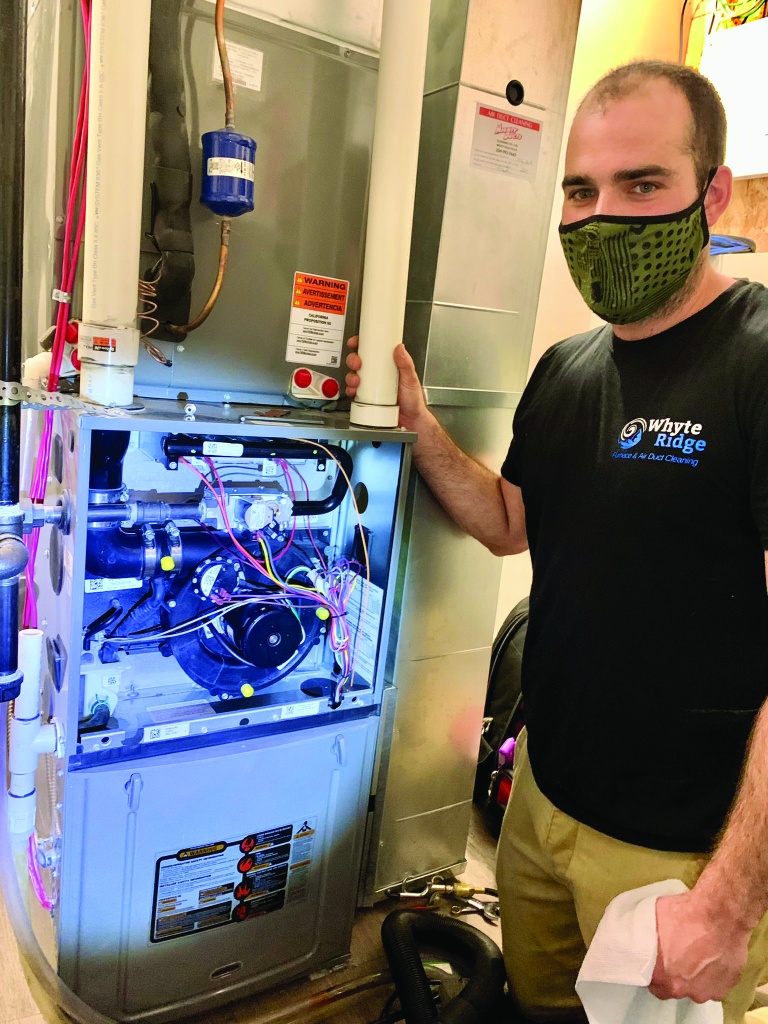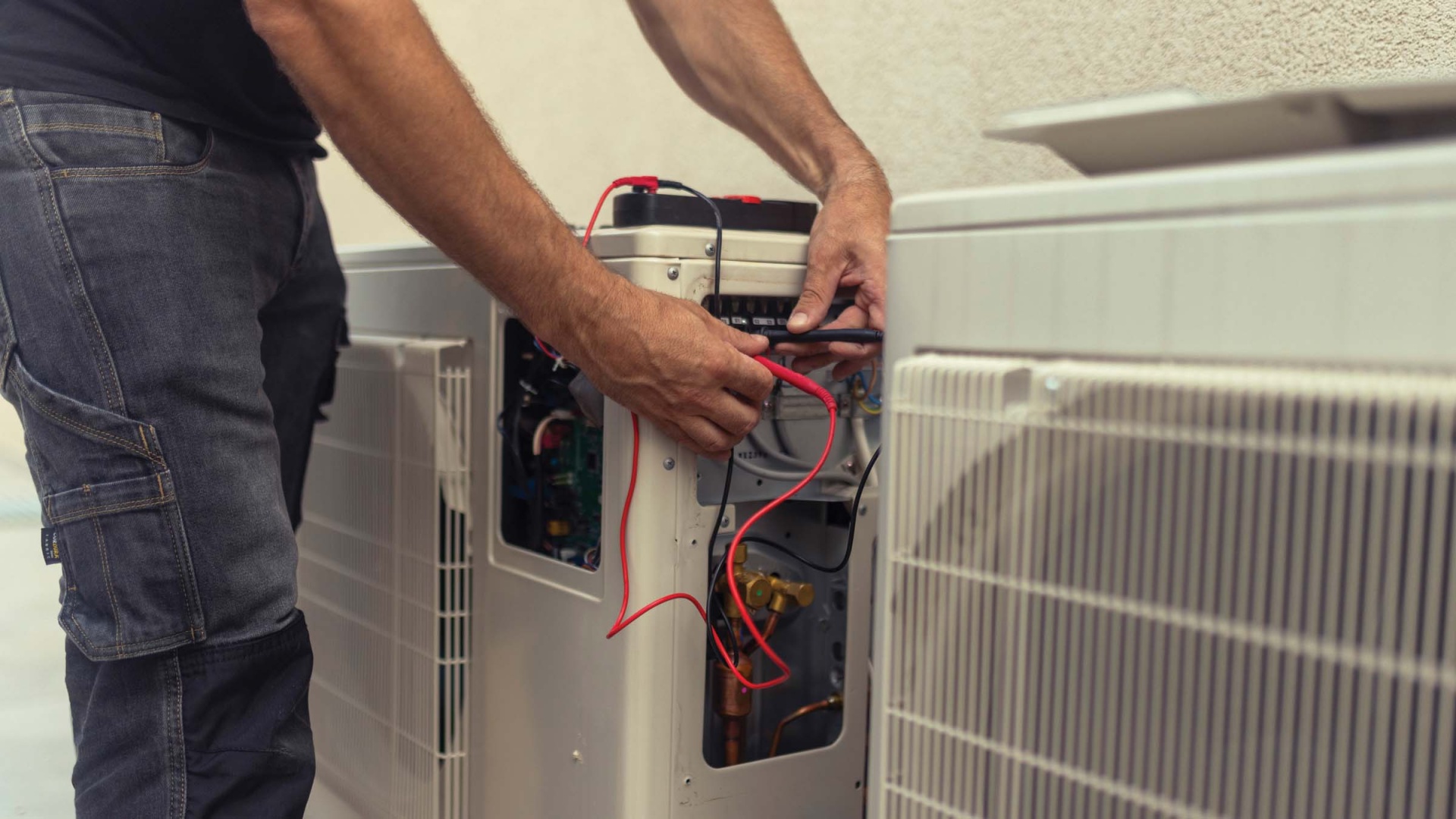LOWER YOUR ELECTRIC HEATING COSTS
Your heating system is the single largest user of energy at home; it can account for almost 60% of your energy bill! To lower your electric heating costs, consider an energy-efficient air source heat pump. They transfer heat energy from the air to warm or cool your home. We also offer rebates on air source heat pumps to make your upgrade more affordable.
Whyte Ridge Furnace and Air Duct Cleaning (a registered Efficiency Manitoba supplier) has installed air source heat pumps in homes throughout Manitoba.
“We’ve had amazing feedback from people that they’re reducing their electric bills. The cost of installing an air source heat pump is higher than a traditional air conditioner, but when you do this with support from Efficiency Manitoba, it makes it a lot more reasonable to get it going, and you can save as you go.”
– Taylor Adolphe, Operations Manager at Whyte Ridge Furnace and Air Duct Cleaning

The contractor works with you to submit the required documents for our air source heat pump rebate, and we’re here to help every step of the way.
“Efficiency Manitoba is very quick to check over everything, so there’s a level of confidence that we’re putting in a product that works. Efficiency Manitoba is on your side,” Taylor says. “When we have a question, we can reach out to Efficiency Manitoba’s heat pump team, and we can talk with them directly.”
Air source heat pumps can only operate down to a certain temperature (approximately between -10°C to 25°C, depending on the manufacturer’s specification), so you’ll need to have a secondary source of heating. Historically, air source heat pumps have been seen as only having electric back-up heat, but they can also work with a natural gas back-up, which is known as a hybrid system.
In a hybrid system, the heat pump operates as the primary source of heating, and the natural gas furnace provides the secondary source of heating. When the outdoor air temperature drops below the air source heat pump’s operation point, the home’s thermostat will switch the heating source to the natural gas furnace. This reduces greenhouse gas emissions, which contribute to climate change.
With last year’s mild temperatures continuing through December, Taylor said people with a hybrid system were able to operate their air source heat pump well into the winter!
NEXT STEPS
Before you upgrade your heating system, it’s a good idea to first make your home as energy efficient as possible. Starting with building envelope upgrades, like insulation, will reduce your heating and cooling load, so your contractor will be able to properly size your heat pump system.
We offer rebates and financial support for select ductless and centrally ducted air source heat pumps! Be sure to check which offer is best for you before starting any work, since some require pre-approval.
Check out the rest of our articles in our heat pump series.

